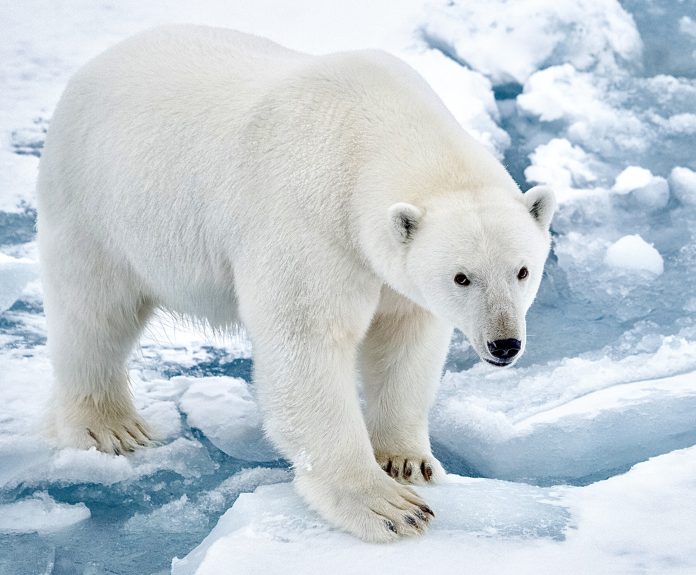
Court Orders U.S. Fish & Wildlife Service To Fix Regulation That Allows Oil Companies To Harass Polar Bears In Alaska
By WAN
You can help all animals and our planet by choosing compassion on your plate and in your glass. #GoVeg
RELATED ARTICLES
Pressure Mounts For Arizona To Ban Dog Pack Hunting Of Mountain Lions, Bears & Other Critical Species
Conservation groups have submitted a petition to the Arizona Game and Fish Commission urging a ban on the use of dog packs for hunting...
Help Save Millions Of Lives This Holiday By Choosing Compassion On Your Plate; Adopt A Turkey Today!
As Thanksgiving approaches, we hope you enjoy a warm and safe holiday. We encourage you to make a compassionate choice by leaving animals off...
Giraffes Are One Step Closer To Receiving Vital Endangered Species Act Protections
In response to a petition and subsequent lawsuit by conservation and animal protection organizations, the U.S. Fish and Wildlife Service (USFWS) has proposed listing...
Popular stories
News
Tragically, Only 9 Critically Endangered Red Wolves Remain In The Wild; A New Lawsuit Is Pushing For A Recovery Plan To Save Them
Photo by B. Bartel, USFWS
According to a legal agreement reached as a result of a lawsuit by the Center for Biological Diversity, the U.S. Fish and...
News
Rare Southeast Alaska Wolf Is One Step Closer To Endangered Species Protection After Being Threatened By Forest Clearcutting & Trapping
The U.S. Fish and Wildlife Service announced yesterday that Alexander Archipelago wolves in Southeast Alaska may warrant protection under the Endangered Species Act and started...
News
Breaking! Beyond Meat Launches Beyond Chicken Tenders In Nearly 400 Restaurants Throughout The United States
Beyond Meat launched its new, awarding-winning Beyond Chicken Tenders today. The delicious plant-based item is breaded to perfection for a crispy outside and irresistible...


